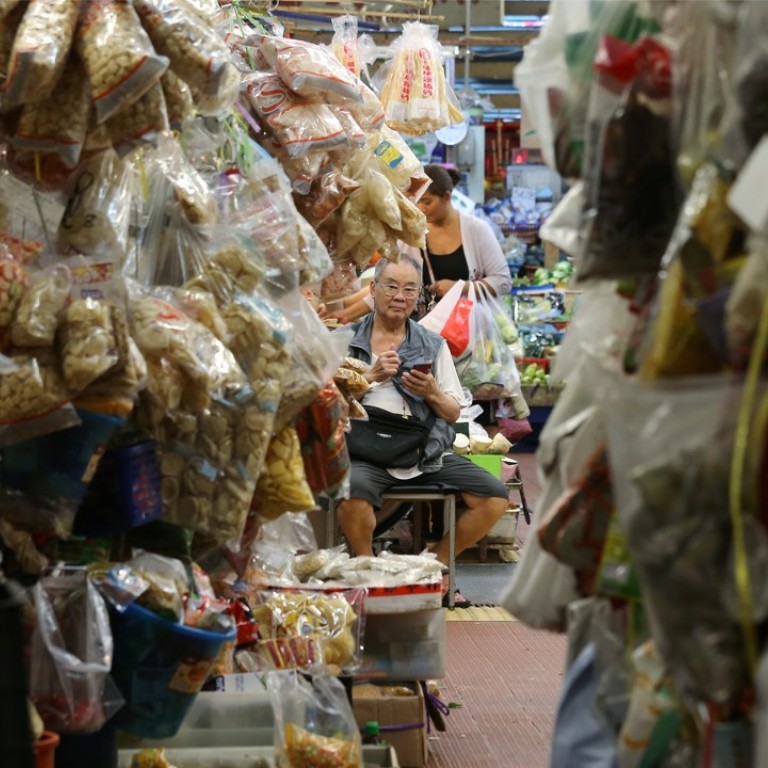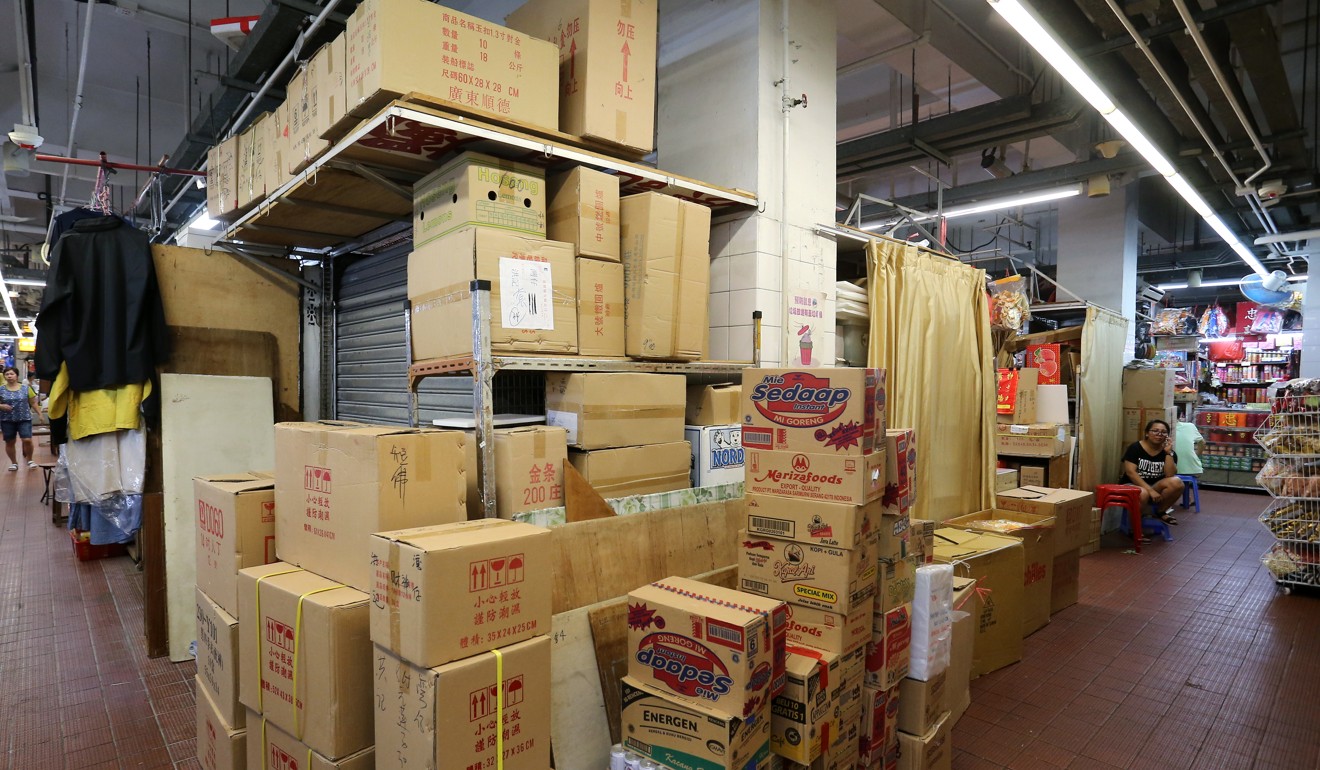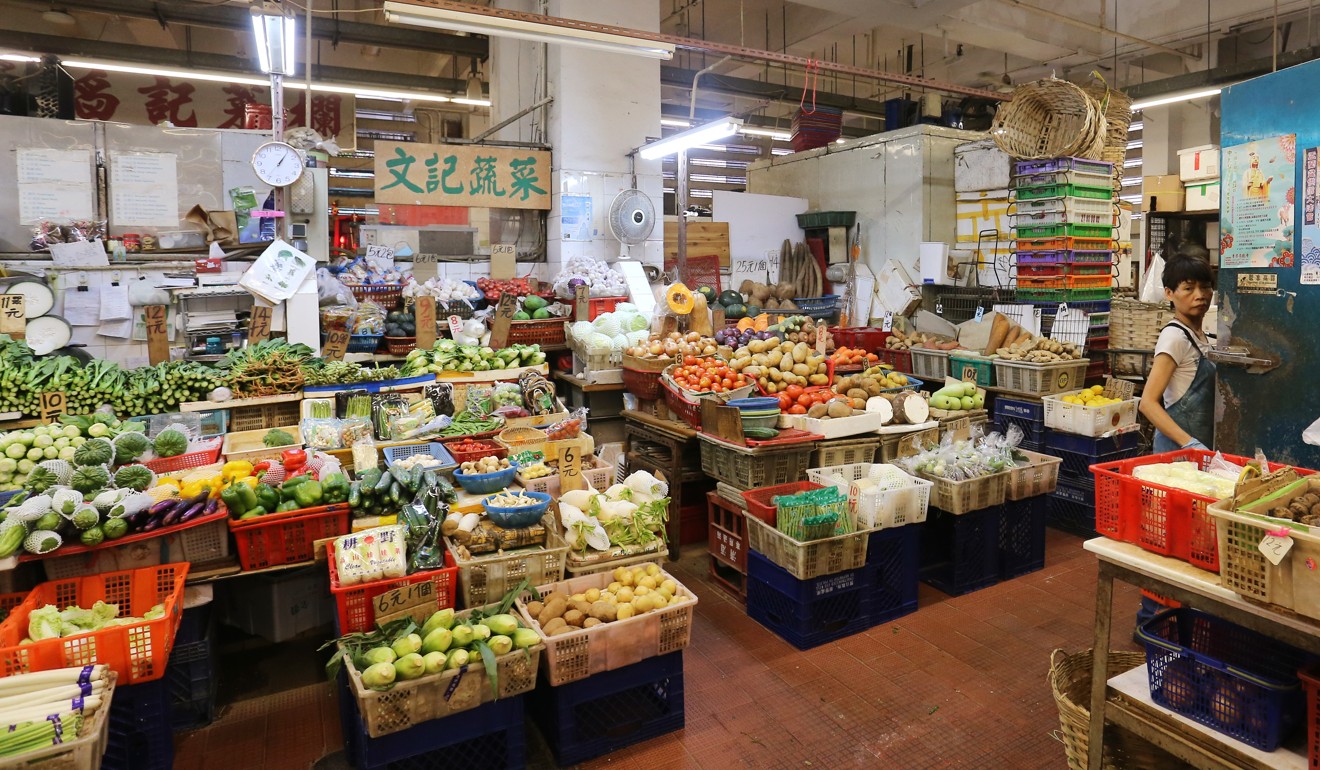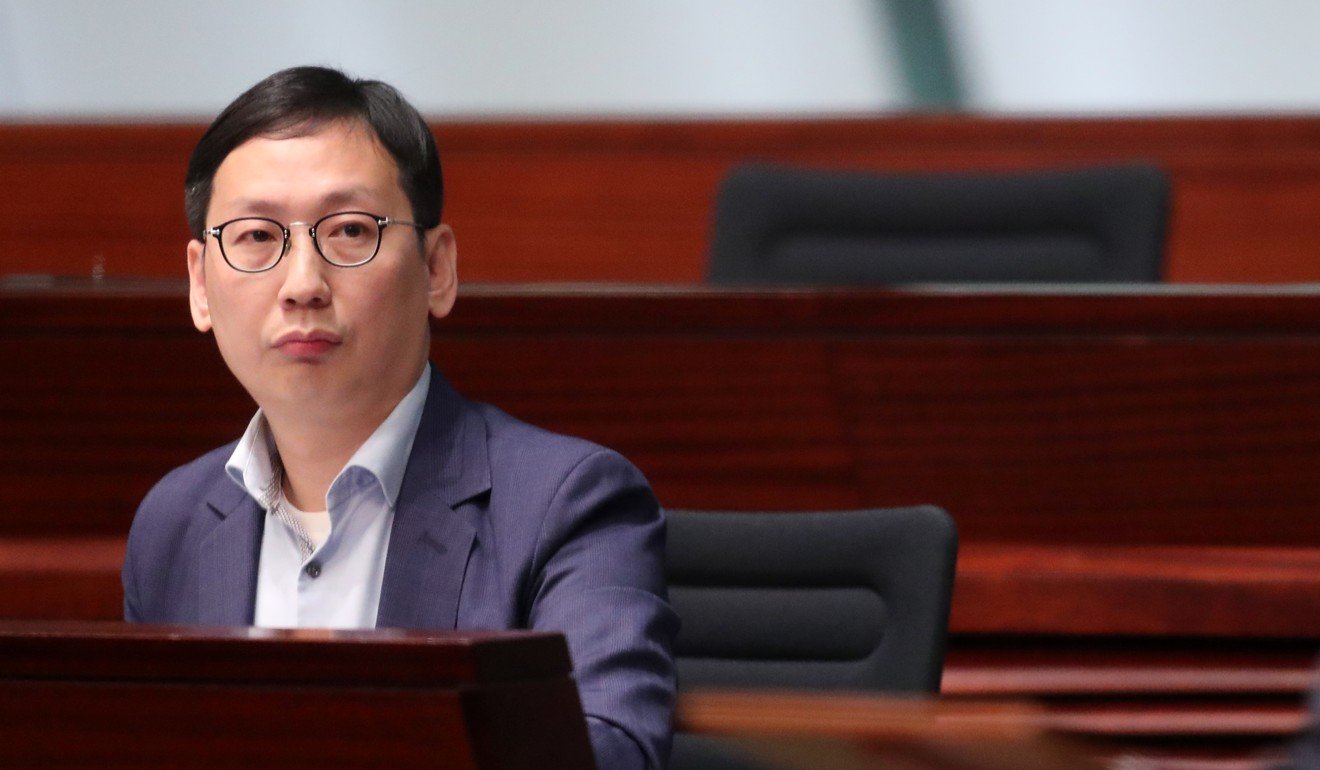
Cheap rents and running of Hong Kong’s wet markets set for reforms after watchdog takes aim at operations
Renting out stalls below market rate might be cause of problems such as inadequate operating hours and poor business management, senior official admits
Food officials in Hong Kong pledged on Friday to reform the management and rental policies of public wet markets after an accumulated deficit of more than HK$1.6 billion (US$205 million) was recorded over the last five years in running the facilities.
The report also highlighted how stallholders were not opening for long enough each day while some tenants were selling goods other than what their stalls were meant for. Some rented multiple stalls but left them vacant or used them as storage areas or offices. Ombudsman Connie Lau Yin-hing said stalls paying cheaper rentals did not sell their goods at lower prices to the public.

The department’s deputy director David Wong Fuk-loi admitted renting out stalls below the market rate might be the cause of problems such as inadequate operating hours and poor business management.
“If the rent is this low, then there won’t be an incentive [for a tenant] to run it well,” Wong said.
HK$1,000 jar of manuka honey ‘diluted with plant sugar’
He promised to reform the management of markets, including rental policy and stall bidding rules, and modernise facilities with the HK$2 billion earmarked for that purpose in this year’s budget.
He said the wet markets should be run on a commercial principle.
“Public money should not be used to subsidise private businesses, as mentioned by the Ombudsman and the stalls should have a fair environment in which to compete,” he said.

Wong was referring to another flaw the watchdog’s report pointed out – some stall owners paid several times more rent than others even in the same market.
In one case, a tenant who won a stall at auction ended up paying 90 times more than another stallholder in the same wet market.
Supermarkets’ mislabelled seafood leads to overpricing, group says
Lawmaker Wilson Or Chong-shing said about 40 per cent of stall owners had been itinerant hawkers in the 1970s and 1980s and had paid discounted rents because they joined an incentive scheme which encouraged them to move to the markets decades ago.

Wong said the former hawkers only enjoyed the discount for the first three years and then rents had been gradually adjusted in line with the market rate. But in 1998, the Urban and Regional councils cut stall rents by 30 per cent and froze prices amid the financial crisis, he added. The freeze lasted for 19 years until 2017.
Or said society could discuss whether the scheme should last indefinitely and that it should be dealt with carefully.
But the Hong Kong Public Market Hawkers Association said the benefits given to former itinerant hawkers should remain. Its chairman Wong Chai-wai said the “contractual spirit” and the ex-hawkers’ “dignity” should not be undermined.

